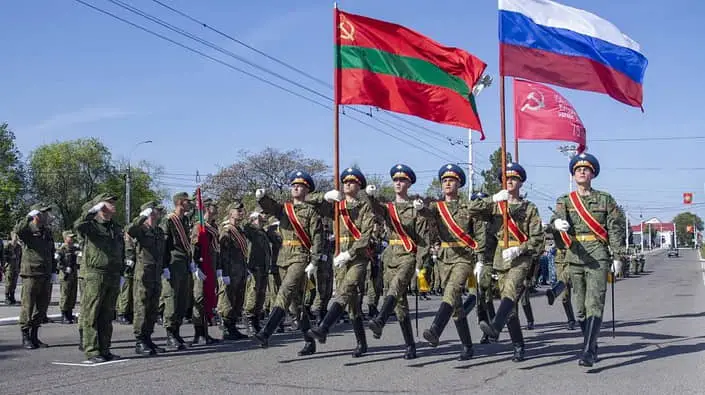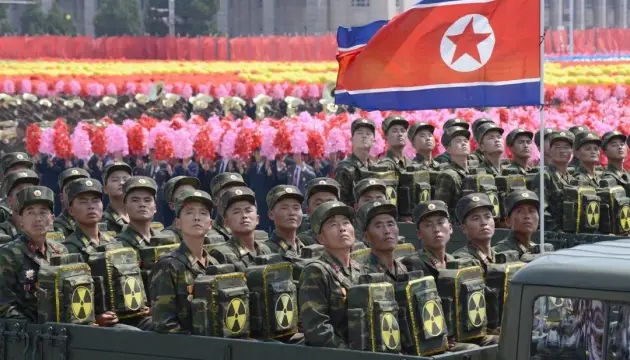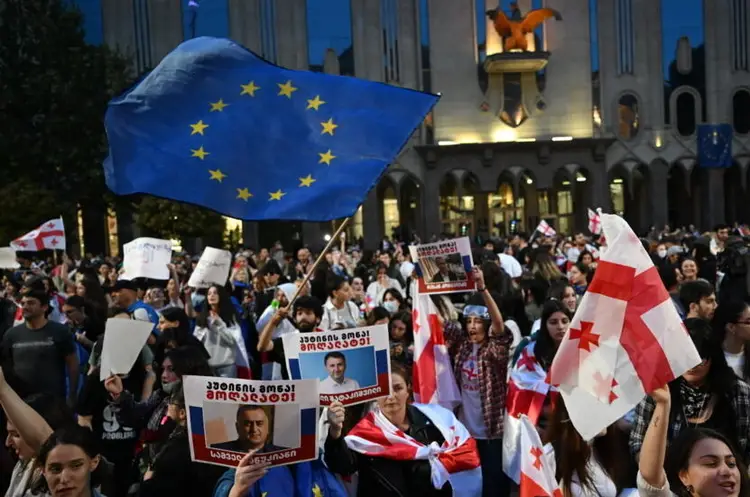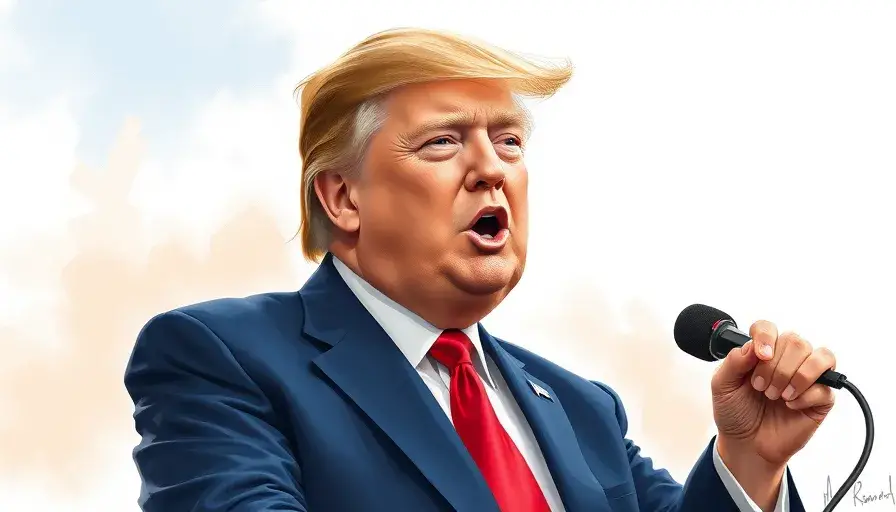May 9 is a "sacred" day for russian propaganda. Why is this date so important to the kremlin?
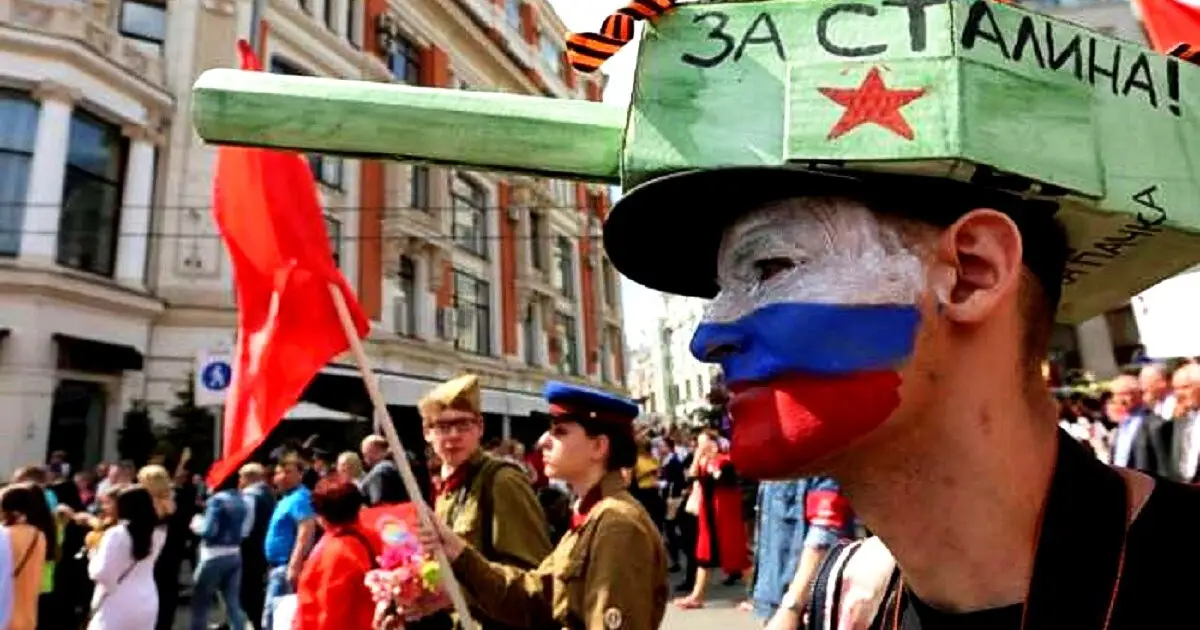
And what factors have made the World Day of Mourning the biggest holiday for russians?
As long as May 8 is the day when the entire civilized world commemorates the victims of World War II and repeats "Never Again." For russian propaganda, May 9, or Victory Day, is crucial: propagandists sacralize this event and exalt the role of the USSR, labeling critics as "russophobes" and "fascists." However, those who constantly recall their "deeds" in World War II are now waging war against Ukraine and the entire democratic world.
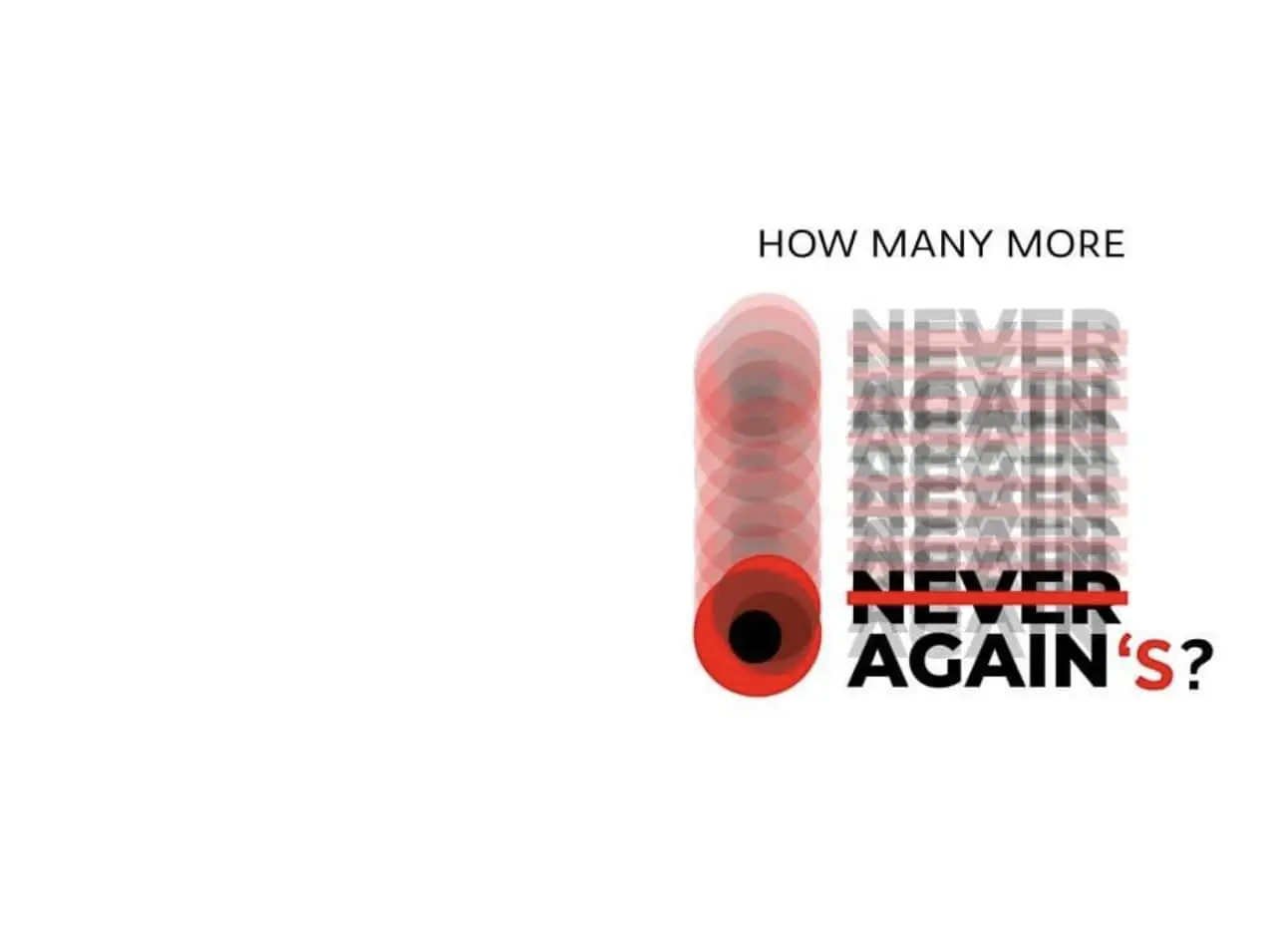
How did this cult come about
In russia, there is a continuation of the mythology of the Great Patriotic War that the country inherited from the USSR. Among the consequences of this inheritance are thousands of literary and artistic works, films and songs, including the iconic film Ordinary Fascism by Mikhail Romm. This film was viewed through the prism of direct and indirect quotations, visual and semantic clichés, and it played an important role in shaping the mass consciousness, becoming a kind of standard.
However, in Soviet times, the pathos of victory over Nazism was oriented in accordance with the political line. Only what was approved by the CPSU could be reflected in monuments. It should be noted that the USSR did not promote the development of national holidays. The Soviet Victory Day, May 9, was not always a day off: first only in the period 1945-1947, and then again since 1965. Two Victory Parades were held during this period. The third was in 1985. In the 1990s, it was decided to bring victory parades back into the political discourse. In 1995, there were even two parades, one on Red Square and the other on Poklonnaya Hill. This idea was aimed at restoring the self-respect of the population.
In 2004, after the laying of flowers at Stalin's grave, open restalinization took place. State Duma Speaker, Boris Gryzlov, launched an active campaign to return the figure of Stalin to the cultural framework of victory. This was due to political motives and was supported by various state structures.
Despite the transformations in russian society, former allies in the fight against Nazism continued to ignore russia's role and interpretation of the results of World War II. Representatives of allied countries took part in the 2010 parade, and parades were held in 72 russian cities. There was growing public exaltation. Already in 2009, 60% of russians supported the idea of criminalizing denial of the Soviet victory in World War II.
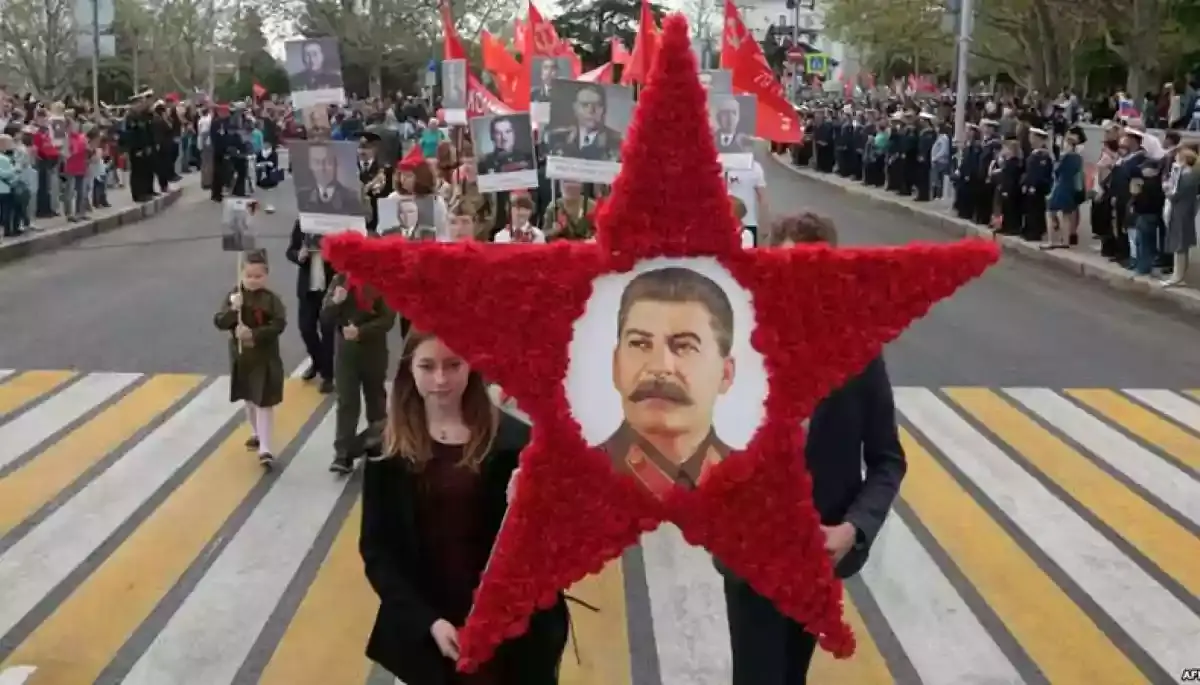
Victory Day and Modern russian Propaganda
In 1993, russia was facing a threatened political coup, which soon turned into an internal war. At the beginning of the new millennium, the kremlin, using the Katyn tragedy and the dismantling of the Bronze Soldier in Tallinn, took monopoly control of historical policy. The Soviet historical scheme returned to educational institutions.
After the "small victorious war" in Georgia, the neo-imperial trend was difficult to contain. The people expected new successes from the government. Praise for the victory and pride in the homeland became inseparable in the minds of russians. The mythologemes of the "liberator nation" and the "nation that defeated Nazism" were perceived as characteristics of the russian people. These focuses of mass consciousness became central to the first decade of putin's era.
Whenever there was even the slightest threat, putin organized mass gatherings, invoking the blood of the victims of the Great Patriotic War, thus touching the most sensitive mental points. This was evident at the rally in Luzhniki after the Bolotnaya Square protests. This manipulative technique worked flawlessly on russians.
Since 2012, psychological research related to the cult of victory has become much larger and has turned into massive mysteries. russians have a psychological need for the greatness of their ancestors and the victory of their country. The Victory Cult has become a simulator for "pumping" the mental muscle of great-power chauvinism or state patriotism. It is not only pride in victory, but also pride in the victory of russian ancestors, that has turned russians into racists for whom the main thing is "we can do it again". The Victory Cult has become a central pillar of the modern russian identity. It involved an exaggerated contribution of the USSR to the victory attributed to modern russia and celebrations akin to magical mass rites. The transformation of the "Great Victory" into a part of the mass culture, on the one hand, and the profanation and emasculation of its value component, on the other, can be considered a killer find by political technologists. It "locked" the past and the present, death and life into a single whole. The pathos of the greatness of russian sacrifices on the altar of victory over Nazism has been transformed into a thirst for sacrifices on the altar of the "russian world". The thesis of the key role of russians in the victory over Nazism became the ideological basis for interference in the affairs of neighboring states and the use of unlimited violence.
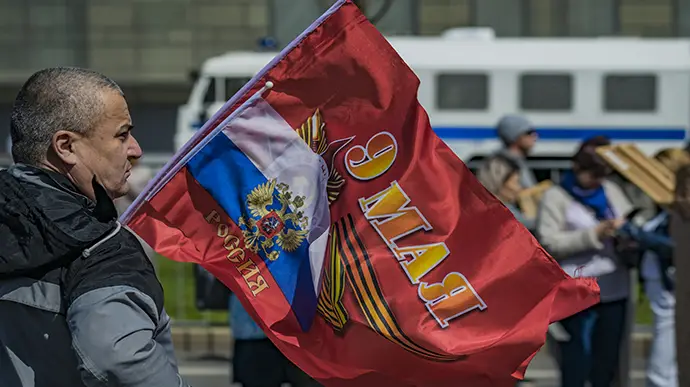
Why is the cult so entrenched in russia
First of all, because russian propaganda focuses on the past, as there is nothing to be proud of in the present and the country does not focus on the future. Its regime has chosen the path of building a dictatorship, and propaganda, through mass celebrations on May 9, constantly prepares russian society for war. russia claims that the USSR will defeat not only Nazi Germany, but the whole of Europe, as many of the countries conquered by Hitler were satellites of Germany. russia opposes itself to the whole world, hence the slogan "We can do it again." However, russian propaganda does not mention the fact that the USSR was an ally of Nazi Germany for two years and that the USSR and Germany divided Poland.


